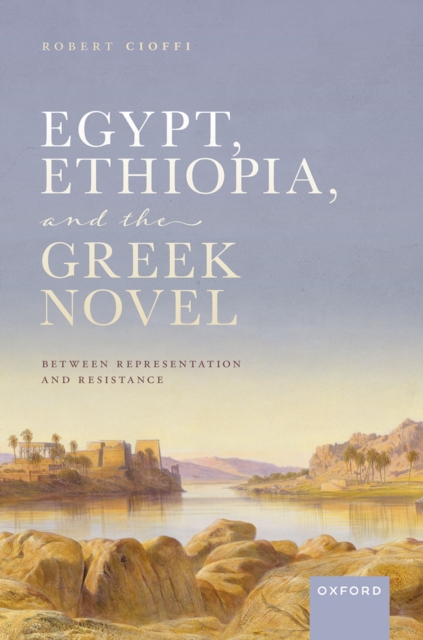
Egypt, Ethiopia, and the Greek Novel : Between Representation and Resistance EPUB
by Robert Cioffi
EPUB
Description
There is no region more central to the ancient Greek romance novel than the thousand or so miles stretching from Alexandria to ancient Ethiopia that comprise the Nile River Valley.
Yet, for all its importance, Egypt, Ethiopia, and the Greek Novel: Between Representation and Resistance is the first book-length study of how this region is depicted in a literary genre whose fictional tales of love, travel, separation, and reunion flourished during the Roman imperial period.
Employing approaches from Literary Studies, Classics, and Egyptology, Robert Cioffi explores the Nile River Valley in the ancient Greek romance novel through two fundamentally related concepts: representation and resistance.
On the one hand, these novels develop an image of Egypt and Ethiopia that is in close dialogue with the Greco-Roman ethnographic tradition, characterized by extraordinary marvels such as grand cities, ancient religious rites, and a dizzying array of animals--some real, some imaginary, and some so incredible as to seem make-believe.
On the other hand, this depiction often figures Egypt and Ethiopia as sites of resistance, revolt, and rebellion against--or political, cultural, and religious alternatives to--an array of dominant imperial powers in the region, from the Persians to the Romans.
This dual reading enriches our understanding of these texts' relationship with the real and imagined frontiers of Roman political, military, and intellectual power.
It also raises a broader set of questions--some literary, some cultural-historical--about the interrelation of humans, their environment, and the topographies of cultural identity in the Roman empire.
Information
-
Download - Immediately Available
- Format:EPUB
- Pages:320 pages
- Publisher:OUP Oxford
- Publication Date:08/02/2024
- Category:
- ISBN:9780192697905
Other Formats
- PDF from £63.75
Information
-
Download - Immediately Available
- Format:EPUB
- Pages:320 pages
- Publisher:OUP Oxford
- Publication Date:08/02/2024
- Category:
- ISBN:9780192697905






